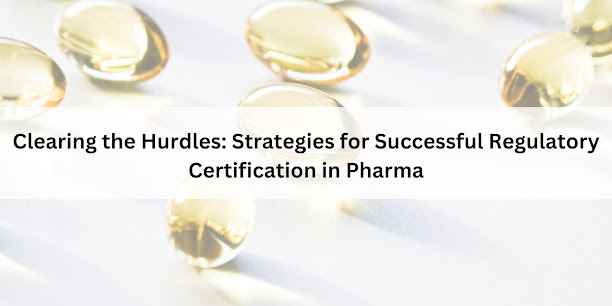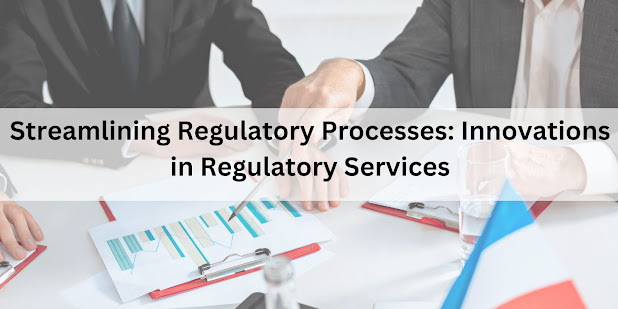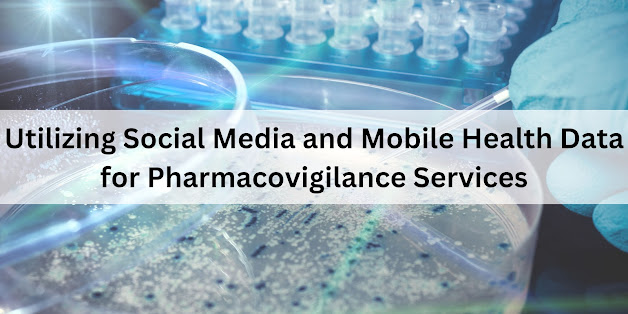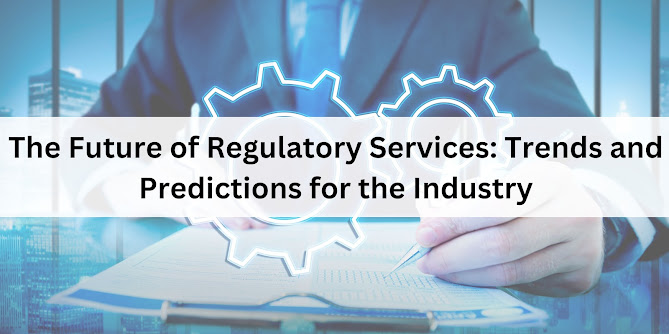Clearing the Hurdles: Strategies for Successful Regulatory Certification in Pharma

Navigating the complex world of regulatory certification in the pharmaceutical industry is akin to preparing for a marathon with hurdles. Success is not just about speed but also about skilfully clearing the obstacles placed along the course. Regulatory certification is crucial for ensuring that pharmaceutical products are safe, effective, and of high quality. However, the process can be daunting, with stringent guidelines and standards that vary across different regions. This blog explores effective strategies to navigate these challenges, ensuring a smoother path to regulatory approval. Understand Regulatory Requirements The first step to successful regulatory certification is a thorough understanding of the regulatory landscape. Regulations can differ significantly between regions (e.g., FDA in the United States, EMA in Europe, MHRA in the UK), and staying abreast of these differences is crucial. Companies should invest in regulatory intelligence to keep up-to-date with changes in ...




